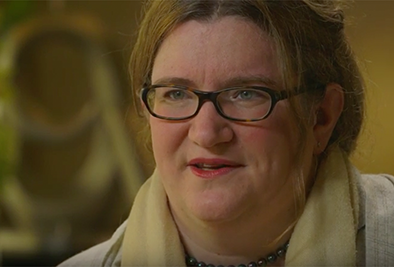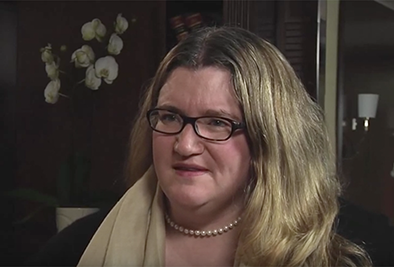D’Maris Coffman joined UCL in September 2014 as a Senior Lecturer (equivalent to Associate Professor in the USA) in Economics and Finance of the Built Environment at CPM here at UCL Bartlett. In February 2017, Coffman was appointed Interim Director (Head of Department) of BSCPM. In late January 2018, she was appointed to a professorial chair in Economics and Finance of the Built Environment with effect from March 2018. I was recently elected a Fellow of Goodenough College, where several of our doctoral students are residential members.
Before joining UCL, Coffman spent six years as a fellow of Newnham College as a junior research fellowship (Mary Bateson Research Fellowship), a post as a college lecturer and teaching fellow, and a Leverhulme ECF. In July 2009, she started the Centre for Financial History and directed it through December 2014. It is still going strong, but has moved from Newnham College to Darwin College in line with the affiliation of its new director.
Coffman did her undergraduate training at the Wharton School in managerial and financial economics and my PhD in the School of Arts & Sciences at the University of Pennsylvania. While at Penn, her doctoral research in the UK was funded in part by the Mellon Foundation under the guise of an IHR pre-doctoral fellowship and an SSRC international dissertation fellowship.

